Maintaining good health requires a proactive approach, and annual health checks are a vital part of staying ahead of potential issues. In the UK, routine health screenings can help detect conditions early, ensuring timely treatment and better long-term outcomes. These checks are essential for adults looking to monitor their health and reduce risks for chronic diseases.
Here’s a comprehensive guide to the top 10 health checks every adult should get annually and why they are crucial.
1. Blood Pressure Check
Why It’s Important:
High blood pressure (hypertension) is often called the “silent killer” because it rarely has symptoms but can lead to heart disease, stroke, and kidney problems.
How It’s Done:
- A cuff is placed around your arm to measure systolic and diastolic pressure.
- Ideally, your blood pressure should be below 120/80 mmHg.
Who Needs It:
- Everyone over the age of 18, especially those with a family history of hypertension.

2. Blood Glucose Test
Why It’s Important:
Monitoring blood sugar levels can help detect diabetes or prediabetes early, both of which can lead to complications if left untreated.
How It’s Done:
- A fasting blood test or HbA1c test measures your average blood glucose over the past three months.
Who Needs It:
- Adults over 40 or younger individuals with risk factors such as obesity, family history of diabetes, or sedentary lifestyle.
3. Cholesterol Check
Why It’s Important:
High cholesterol levels can increase the risk of heart disease and stroke by causing fatty deposits in the arteries.
How It’s Done:
- A simple blood test measures total cholesterol, LDL (bad cholesterol), HDL (good cholesterol), and triglycerides.
Who Needs It:
- Adults over 20, with annual tests recommended for those with heart disease risk factors.
4. Body Mass Index (BMI) and Waist Circumference
Why It’s Important:
Monitoring your BMI and waist size can help assess risks for conditions like diabetes, heart disease, and hypertension.
How It’s Done:
- BMI is calculated using your height and weight.
- Waist circumference is measured with a tape measure to evaluate abdominal fat.
Who Needs It:
- All adults, especially those with a sedentary lifestyle or weight-related health issues.
5. Full Blood Count (FBC)
Why It’s Important:
A full blood count checks for anemia, infections, and other blood disorders. It’s a good indicator of your overall health.
How It’s Done:
- A blood sample is taken to analyze red and white blood cells, hemoglobin, and platelets.
Who Needs It:
- Recommended for all adults as part of a general health assessment.
6. Liver Function Test (LFT)
Why It’s Important:
The liver plays a crucial role in detoxification, metabolism, and digestion. Regular checks can detect liver diseases such as fatty liver, hepatitis, or cirrhosis.
How It’s Done:
- A blood test evaluates liver enzymes like ALT and AST, bilirubin, and albumin.
Who Needs It:
- Adults with a history of alcohol use, obesity, or medication use that affects the liver.
7. Kidney Function Test
Why It’s Important:
Healthy kidneys are essential for filtering waste and maintaining electrolyte balance. Early detection of kidney disease can prevent complications.
How It’s Done:
- A blood test measures creatinine and urea levels, while a urine test checks for protein or blood.
Who Needs It:
- Adults with diabetes, high blood pressure, or a family history of kidney disease.
8. Cancer Screenings
Breast Cancer (for women):
- Why: Early detection improves survival rates.
- How: Mammograms every 1–3 years for women aged 50–70 (earlier for high-risk individuals).
Cervical Cancer (for women):
- Why: Regular screenings prevent cancer by detecting precancerous cells.
- How: Pap smear every three years for women aged 25–64.
Prostate Cancer (for men):
- Why: PSA blood tests detect prostate issues early.
- How: Annual screening for men over 50 or younger with risk factors.
Bowel Cancer (for everyone):
- Why: Screening identifies polyps or cancer early.
- How: A home stool test or colonoscopy for adults aged 50–74.
9. Eye Exam
Why It’s Important:
Eye exams help detect vision problems, glaucoma, cataracts, and diabetic retinopathy.
How It’s Done:
- A specialist checks vision, eye pressure, and the health of the retina.
Who Needs It:
- Adults over 40 should get annual exams, especially if they wear glasses or have conditions like diabetes.
10. Dental Checkup
Why It’s Important:
Oral health is linked to overall health, including heart health. Regular dental visits help prevent cavities, gum disease, and other oral issues.
How It’s Done:
- A dentist examines your teeth, gums, and mouth, often supplemented by X-rays.
Who Needs It:
- Everyone should see a dentist annually or more frequently if recommended.
Why Annual Health Checks Are Essential
- Prevention: Early detection of conditions like diabetes, hypertension, and cancer can save lives.
- Personalized Care: Regular screenings allow your doctor to track changes over time and tailor advice.
- Improved Outcomes: Addressing issues early reduces the need for intensive treatments later.
- Peace of Mind: Knowing you’re in good health reduces anxiety and promotes a better quality of life.
How to Access Annual Health Checks in the UK
- NHS Health Checks:
- Available for adults aged 40–74 every five years, covering key tests like blood pressure and cholesterol.
- Private Health Screenings:
- Private clinics offer more comprehensive and frequent annual health checks, including advanced diagnostics like full-body scans.
- GP Checkups:
- Your local GP can arrange many tests, especially if you have symptoms or risk factors.
Final Thoughts
Annual health checks are an invaluable investment in your well-being. By monitoring critical health markers, you can detect potential issues early and take proactive steps to maintain a healthy lifestyle. At UK , ensure you prioritize these screenings as part of your routine care.
Your health is your wealth—don’t leave it unchecked. Schedule your annual health check today and take control of your future.


